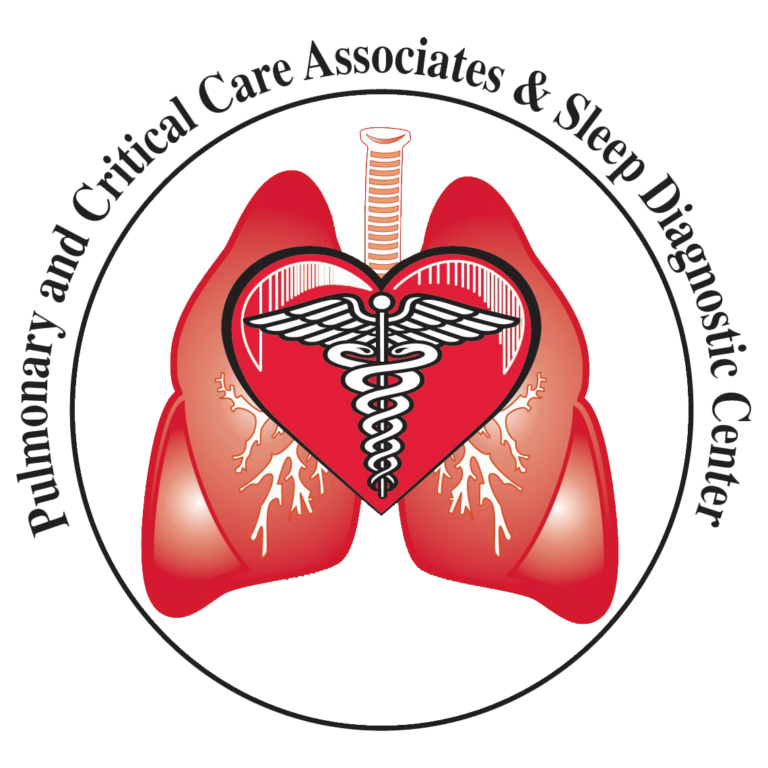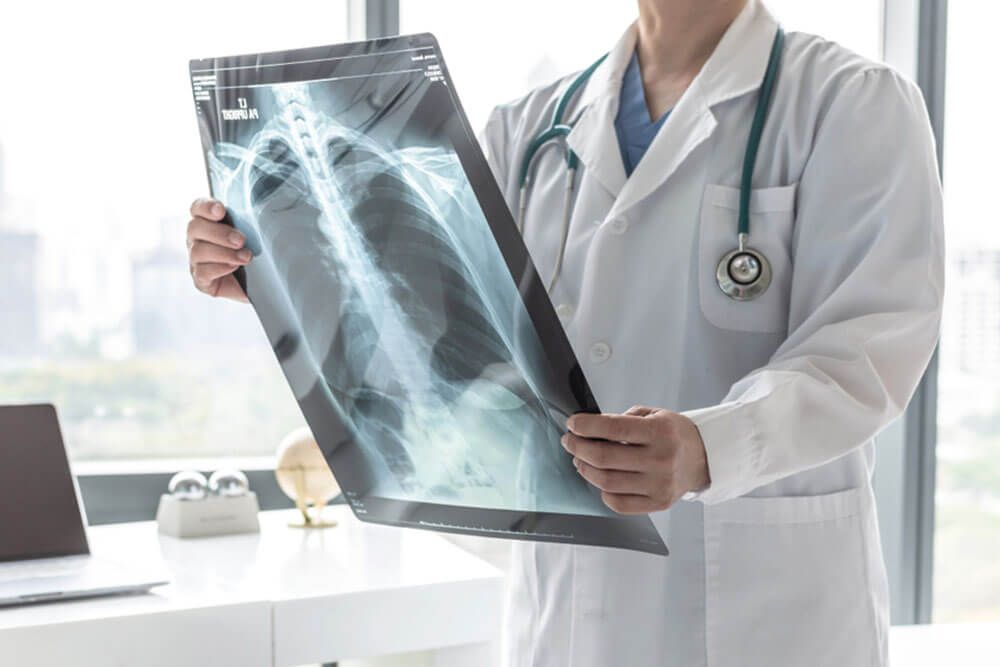Congenital respiratory tract abnormalities are malformations within the upper or lower respiratory tract that were present at birth. Though considered rare, most children with these conditions have a positive prognosis, with many of them going on to lead normal, healthy lives. Unfortunately, these conditions can be quite scary for young children and their parents as respiratory abnormalities often make breathing difficult. If your child shows signs of labored breathing, seek medical attention immediately.
There are many different congenital respiratory tract abnormalities found in children. Examples include:
- Laryngomalacia – abnormal softening of the voice box tissues
- Tracheomalacia – underdeveloped cartilage surrounding the trachea
- Tracheoesophageal Fistula (TEF) – abnormal joining of esophagus and trachea
- Pectus Excavatum – sunken breastbone
- Congenital Diaphragmatic Hernia – abnormal opening in the diaphragm
Frequently Asked Questions
What are the symptoms of a congenital respiratory tract abnormality?
Symptoms of a respiratory malformation may include wheezing, heart palpitations, apnea, GERD, irregular chest movements, stridor, noisy breathing and breathing sounds that change when a child changes position. Depending on the type of abnormality, symptoms may be present from birth or develop and worsen as a child ages.
How will a pulmonologist diagnose a respiratory tract abnormality?
Your child’s doctor will complete a thorough examination to check for certain signs of abnormalities. The pulmonologist will listen to your child’s breathing and may order certain tests, such as a chest x-ray, MRI, CT scan and bronchoscopy for further investigation.
What types of treatments are available for congenital respiratory tract abnormalities?
Treatment for a respiratory tract abnormality will vary from child to child depending on the diagnosis. Often, these types of malformations improve over time with a low risk of major medical treatment. Tracheomalacia, for example, often improves on its own by age two without the need for surgery. Other conditions almost always require surgical intervention, such as an operation to repair a hole in the diaphragm for a child with a congenital diaphragmatic hernia.






